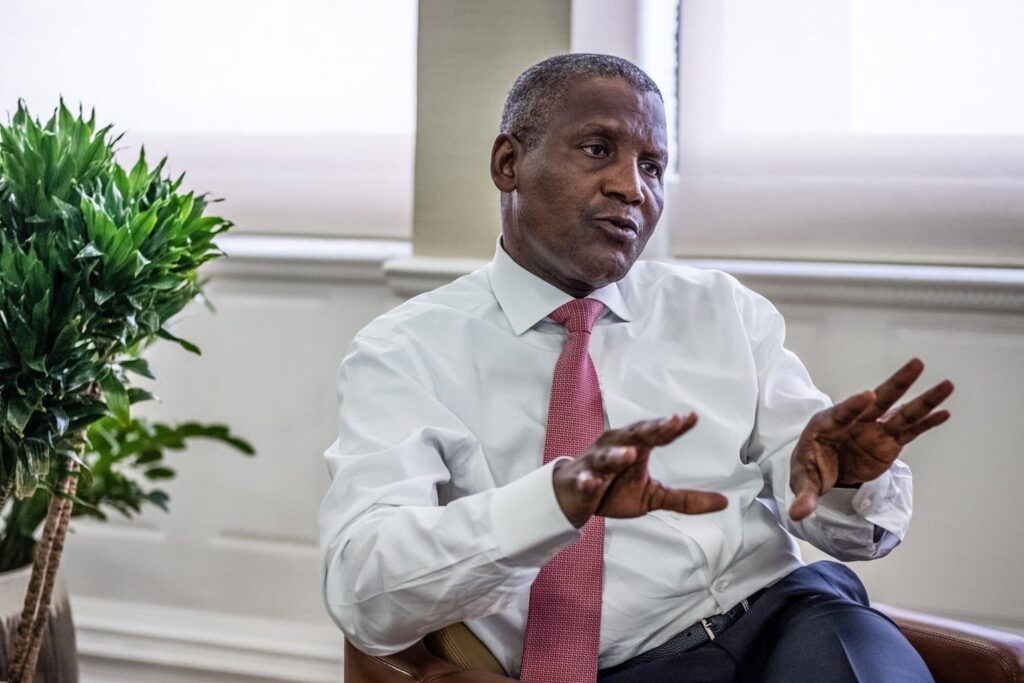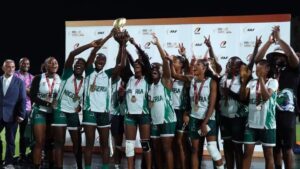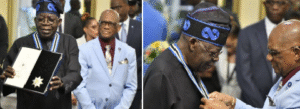The Dangote Refinery has denied reports from the Nigerian National Petroleum Company Limited (NNPCL) that it sold petrol to them at a high price of ₦898 per litre.
According to a statement made on Sunday, Anthony Chiejina, a spokesperson for the Dangote Refinery, dismissed NNPCL’s claim, calling it both “misleading” and “deceitful.”
He said,
“Our attention has been drawn to a statement attributed to NNPCL spokesperson, Mr. Olufemi Soneye, that we sell our PMS at N898 per litre to the NNPCL.
“This statement is both misleading and mischievous, deliberately aimed at undermining the milestone achievement recorded today, September 15, 2024, towards addressing energy insufficiency and insecurity, which has bedeviled the economy in the past 50 years.
“We urge Nigerians to disregard this malicious statement and await a formal announcement on the pricing, by the Technical Sub-Committee on Naira-based crude sales to local refineries, appointed by His Excellency, President Bola Ahmed Tinubu GCFR, which will commence on October 1, 2024, bearing in mind that our current stock of crude was procured in dollars.
“It should also be noted that we sold the products to NNPCL in dollars with a lot of savings against what they are currently importing. With this action, there will be petrol in every local government area of the country regardless of their remote nature.”
The NNPCL had just started loading its first batch of petrol from Dangote’s refinery on Sunday, which is one of the key developments in Nigeria’s fuel supply chain.
The refinery, which started operations in December last year, is Africa’s largest. It is owned by Aliko Dangote, a prominent industrialist in Africa. The refinery, located in Lagos, began with a production capacity of 350,000 barrels of oil per day.
Although the refinery encountered some regulatory challenges early on, it plans to increase its production to 650,000 barrels per day by the end of the year.
The Dangote Refinery has already started supplying diesel and aviation fuel to local markets. It has now added petrol to its list of distributed products, helping to ease the country’s fuel demand.
Nigeria, the most populous country in Africa, has been dealing with severe energy challenges for years. Its state-owned refineries have been inactive, forcing the country to rely on imported petroleum products. The NNPCL is the largest importer of these products.
Fuel shortages are common in Nigeria, and prices have sharply increased following the removal of the fuel subsidy in May 2023. Before the subsidy removal, petrol cost around ₦200 per litre, but it has now soared to nearly ₦1000 per litre. This increase has worsened the situation for Nigerians, who need petrol to run their cars and generators due to unreliable electricity.







